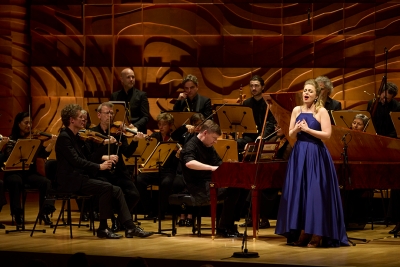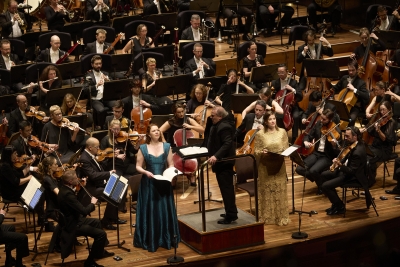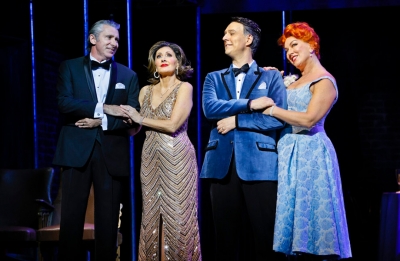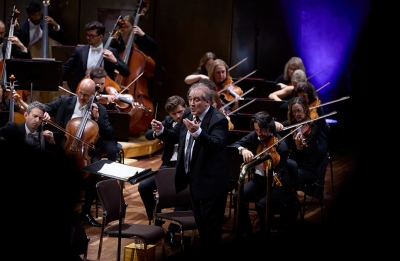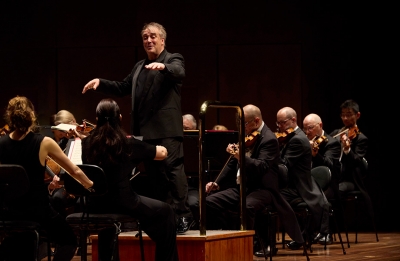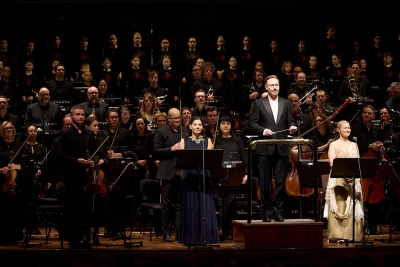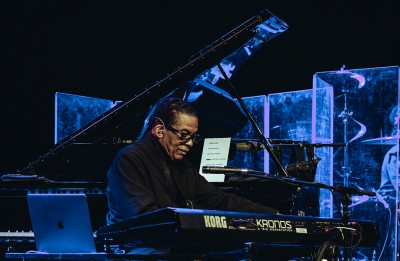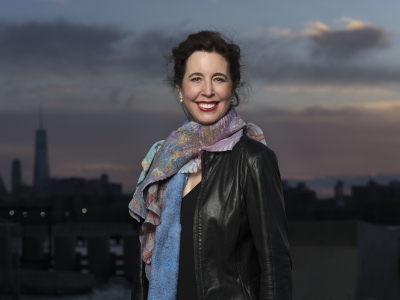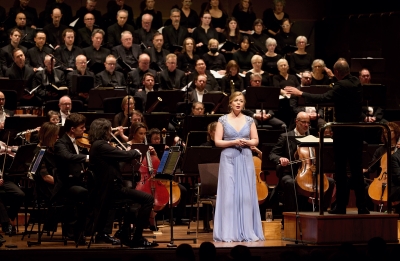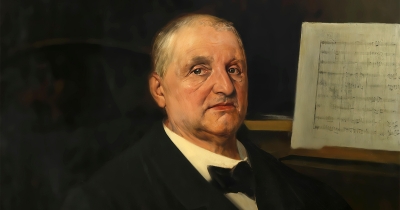Music
The pairing of two Australian soloists – Siobhan Stagg (soprano) and Kristian Bezuidenhout (fortepiano) – in top form with one of the world’s finest period music ensembles, and in an all-Mozart program, was always likely to be a winning concert combination, and so it proved to be. This second of two Melbourne concerts by the Freiburg Baroque Orchestra during their current tour was delivered with consummate style to a delighted and near-capacity audience at the Melbourne Recital Hall.
... (read more)One consequence of the popular success of Bradley Cooper’s biopic Maestro (2023) may well be that it helps to reinforce the cultural significance of Gustav Mahler’s Second Symphony (Resurrection) for another generation. In the film we witness a faithful recreation of the final moments of Leonard Bernstein’s legendary performance of the Resurrection in Ely Cathedral in 1973.
... (read more)Kaddish: A Holocaust Memorial Concert
Melbourne International Jazz Festival
In a deftly pitched introduction to the evening’s program of Mozart, Bach, Handel, and Brahms, Angela Hewitt mentioned in passing that her first visit to Adelaide had been back in 1991. A packed and responsive Elder Hall audience was quick throughout the evening to show their support and enthusiasm for the artist, her choice of works, and her individual performances.
... (read more)Sometimes an orchestral program proves to be meaningful in ways that were never intended when it was first devised. Such was the case last Thursday and Saturday, when the Melbourne Symphony Orchestra gave its first local outing since the onset of public and internal turmoil last month sparked by the orchestra’s management’s cancellation of a planned concerto performance on 15 August by Australian pianist Jayson Gillham.
... (read more)On 4 September 2024, the classical world of music, and especially its Austro-Germanic heartland, will celebrate the bicentenary of Anton Bruckner’s birth. Australia’s homage to this symphonic Titan is relatively modest, though these months do include performances of his Ninth (Brisbane, QSO, Johannes Fritzsch), and Fourth (Melbourne and Geelong, MSO, Daniel Carter; Hobart, TSO, Eivind Aadland), along with the Sydney Symphony Orchestra’s four performances of the Eighth Symphony, under Simone Young. Her global reputation increasingly rides on dynamic interpretations of large later-Romantic works, by Richard Wagner, Gustav Mahler, Richard Strauss, as well as Bruckner.
... (read more)

